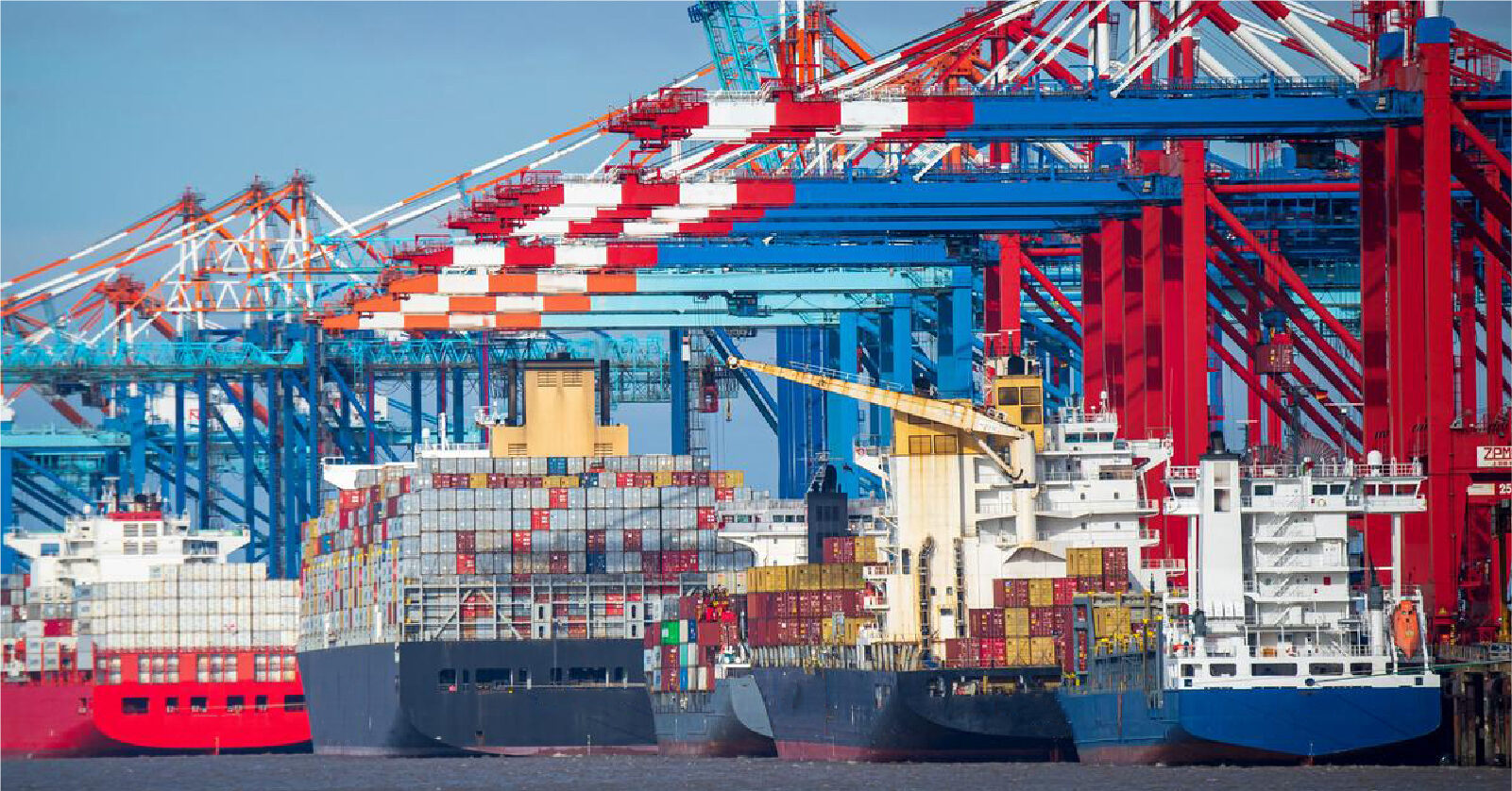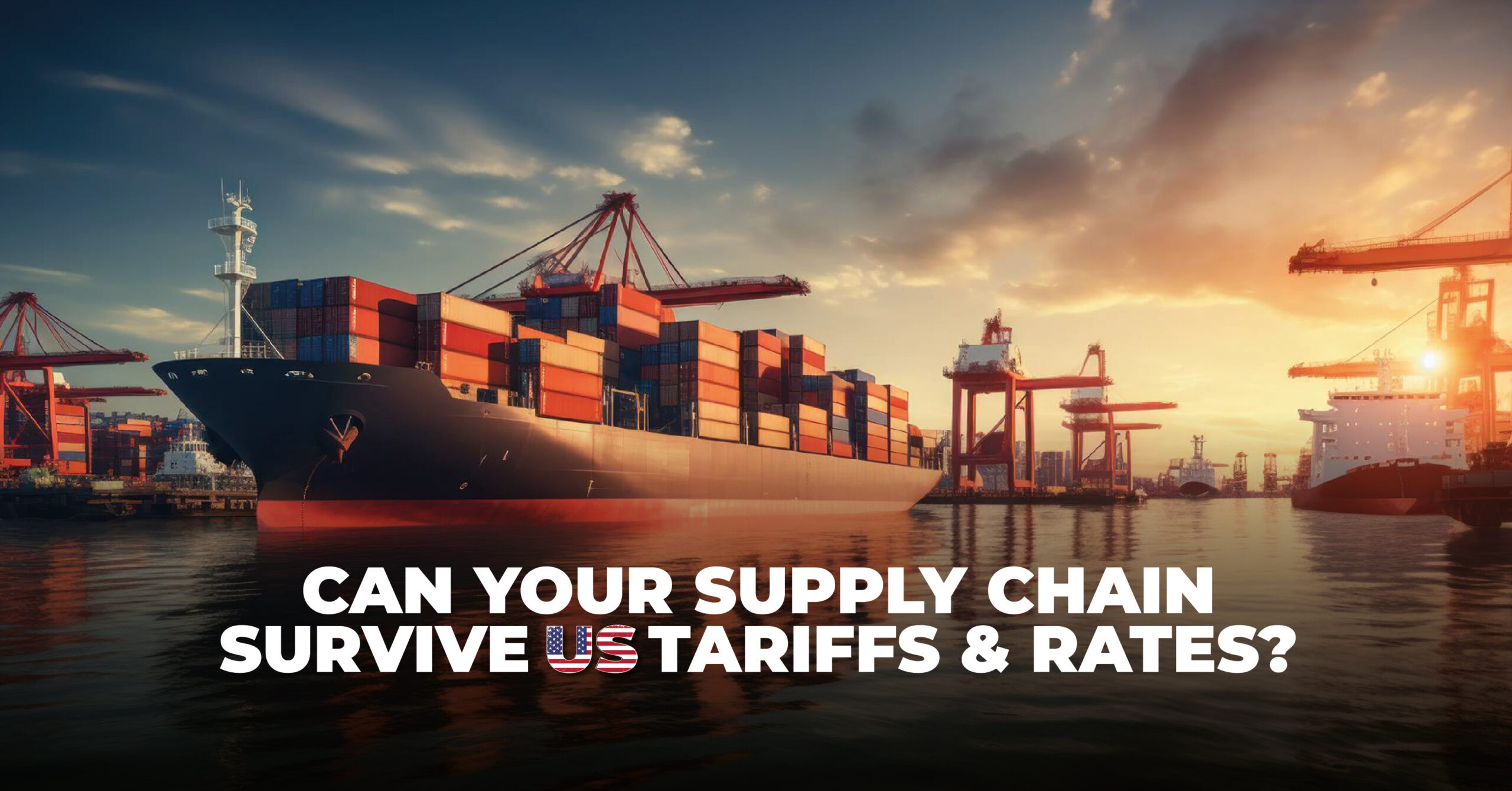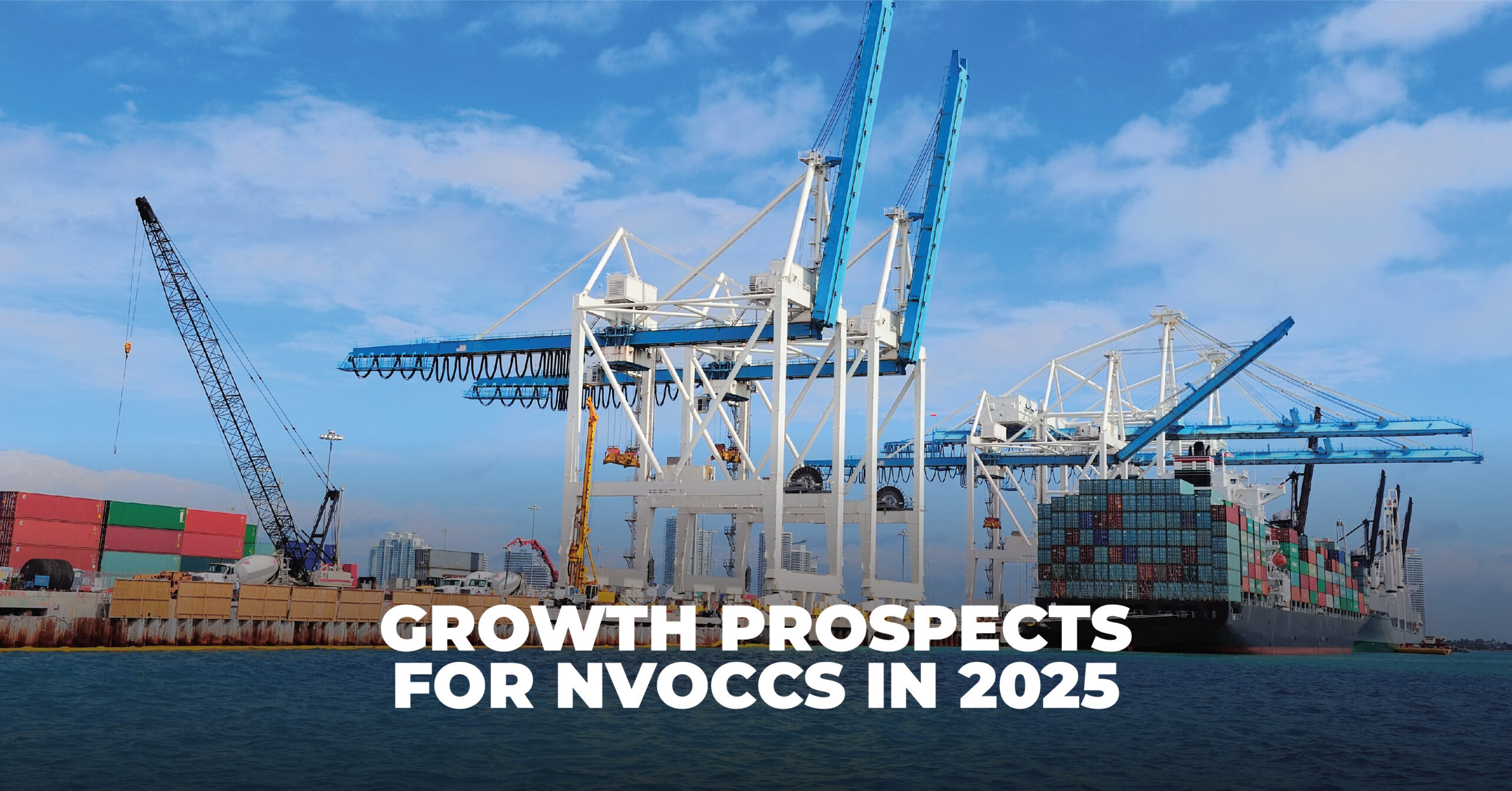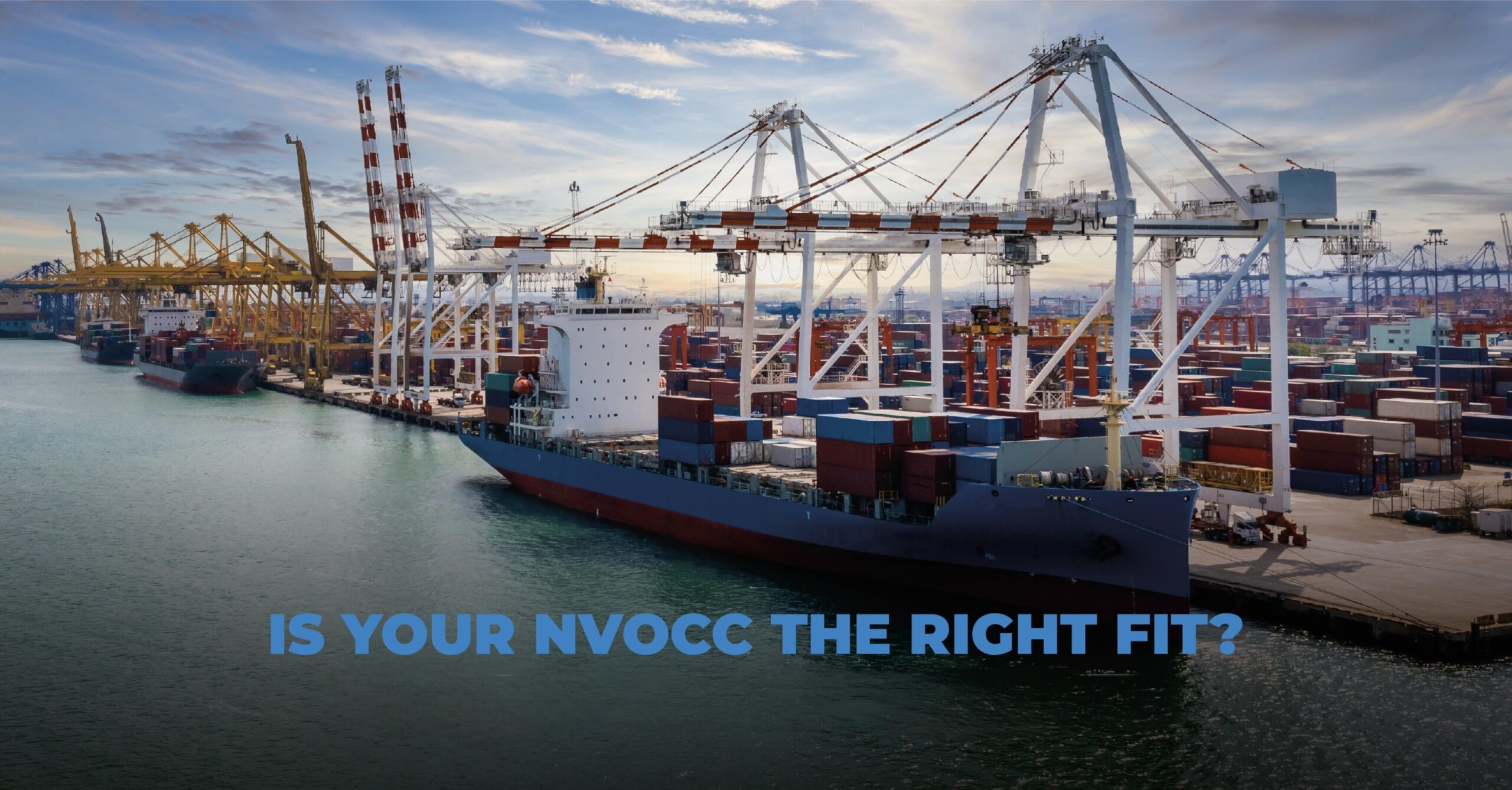Introduction:
In recent years, the Red Sea has been a focal point of geopolitical tension, with conflicts and disruptions posing significant challenges to the movement of goods through one of the world’s most crucial maritime corridors. The question on the minds of freight forwarders worldwide is whether the storm in the Red Sea has subsided, and if so, what implications does this have for the movement of goods?
Current State of Affairs:
The Red Sea crisis, characterized by ongoing conflicts in the region, piracy threats, and geopolitical tensions, has been a cause for concern for freight forwarders navigating these waters. However, recent developments suggest a semblance of stability. Diplomatic efforts, such as peace agreements and international interventions, have aimed to mitigate conflicts and secure maritime routes.
Impact on Goods Movement:
The resolution of the Red Sea crisis holds significant implications for the movement of goods. Firstly, it ensures the safety and security of maritime trade routes, reducing the risk of disruptions due to conflicts or piracy. Freight forwarders can breathe a sigh of relief knowing that their shipments are less likely to encounter obstacles or delays in these waters.
Moreover, the stabilization of the Red Sea region opens up opportunities for expanded trade and economic growth. With safer and more predictable shipping routes, businesses can explore new markets and trade routes with confidence. This could lead to increased demand for freight forwarding services, as companies seek to capitalize on emerging opportunities in the region.
Challenges Remain:
While the situation in the Red Sea may have improved, challenges still persist. Lingering tensions and sporadic outbreaks of violence remind freight forwarders of the fragility of the region’s stability. Moreover, the threat of piracy, although reduced, remains a concern that necessitates ongoing vigilance and security measures.
Additionally, the Red Sea crisis is intertwined with broader geopolitical dynamics, including regional rivalries and proxy conflicts. As such, the resolution of the crisis may require sustained diplomatic efforts and cooperation among regional and international stakeholders.
Adapting to Change:
In light of these developments, freight forwarders must remain adaptable and proactive in their approach to navigating the Red Sea region. This may involve closely monitoring geopolitical developments, diversifying shipping routes, and investing in advanced technologies for enhanced security and risk management.
Conclusion:
While the Red Sea crisis may be receding from the forefront of global attention, its impact on the movement of goods continues to reverberate within the freight forwarding industry. By staying informed, proactive, and adaptable, freight forwarders can navigate the evolving landscape of the Red Sea region and seize emerging opportunities for trade and growth. RSL Container Lines stands as a beacon of efficiency and reliability in the global shipping industry for over a decade. A leading provider of dry containers since its inception, today the company has an impressive fleet of 8000 TEUS that stands as a testament to excellence, comprising a blend of owned and leased units that guarantee unparalleled service. Whether it’s standard containers, specialised equipment, tanker containers, or reefer containers, our offerings are finely tuned to meet diverse shipping needs. Through advanced technology, customization, sustainability, global reach, and customer-centricity, the company has positioned itself as a key player in facilitating the seamless and secure movement of goods across borders. Despite the current tensions and challenges in the Red Sea, RSL Container Lines, as an industry-leading NVOCC, has consistently provided a smooth transshipment service to its trusted global logistics partners through Jebel Ali Port, UAE. Mr. Ronald Chandiram, the Managing Director of RSL Container Lines, emphasizes that the company remains steadfast in its commitment to delivering shipping solutions even in challenging circumstances. The RSL brand stands for its reputation as a solution provider in the global shipping industry, maintaining excellence even when the seas are rough.






